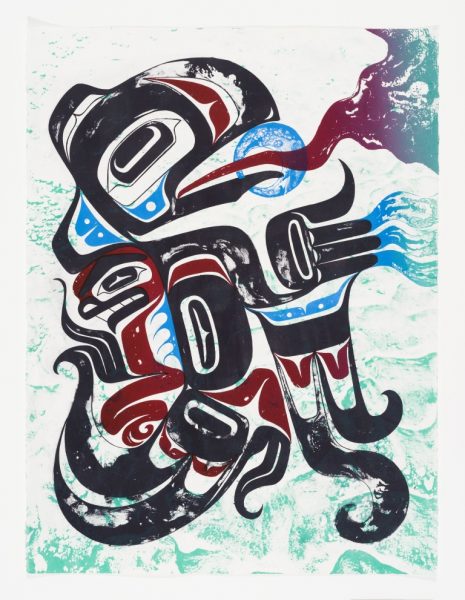A collaboration between the U.S. Department of State’s Art in Embassies Program and the Institute of American Indian Arts.
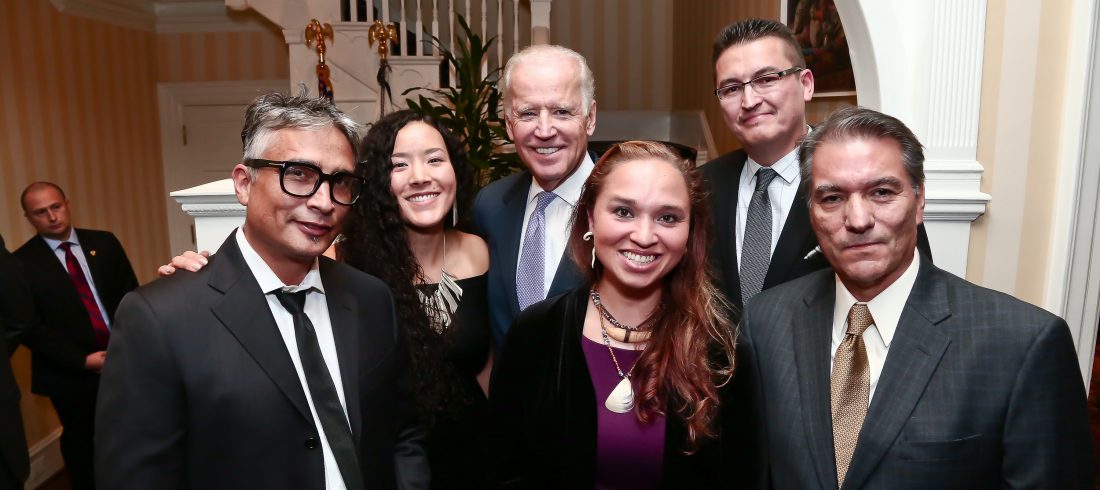
Five artists representing five different voices and tribes were selected to create new works, honoring the diversity of Native American traditions. Art in Embassies is proud to share the rich and diverse work in this collection, demonstrating the vitality and diversity of Native American contemporary art.
“There exists a rhythm in the land where I was born. I spend a lot of time deciphering the light, the cascades of mesas into canyons, the marriage between earth and sky and the light as it constantly changes at whim, the intensity of rock formations, and the sage and chamisa that accent this poetic experience, unlike anywhere else I have seen. I am beckoned to remember it and then to paint it.”
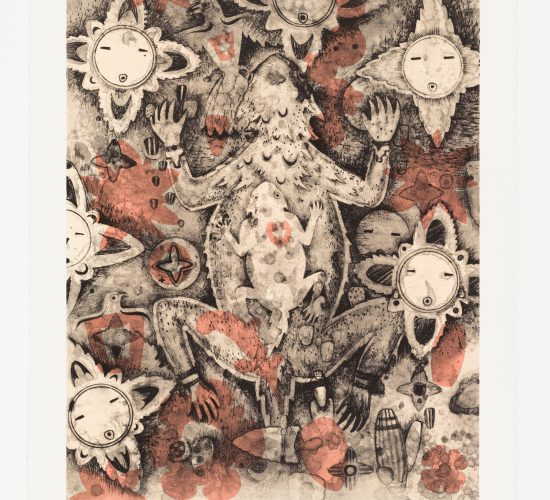

As an artist, Kahm continues creating work in his Santa Fe studio. His solo exhibitions at the Museum of Contemporary Native Arts in Santa Fe (2012), and at Urban Shaman Contemporary Aboriginal Art in Winnipeg, Manitoba (2013), highlighted his most recent work – a striking series of small works on paper and panels and an impressive collection of large scale paintings on canvas, which he describes as “rooted in Indigenous abstraction and Modernist aesthetics.”
A member of the Shinnecock Nation of Long Island, New York, Courtney Michele Leonard’s artwork explores the evolution of language, image, and culture through mixed media pieces of video, audio, and tangible objects. Her current work embodies the multiple definitions of Breach, an exploration and documentation of historical ties to water, whale, and material sustainability.
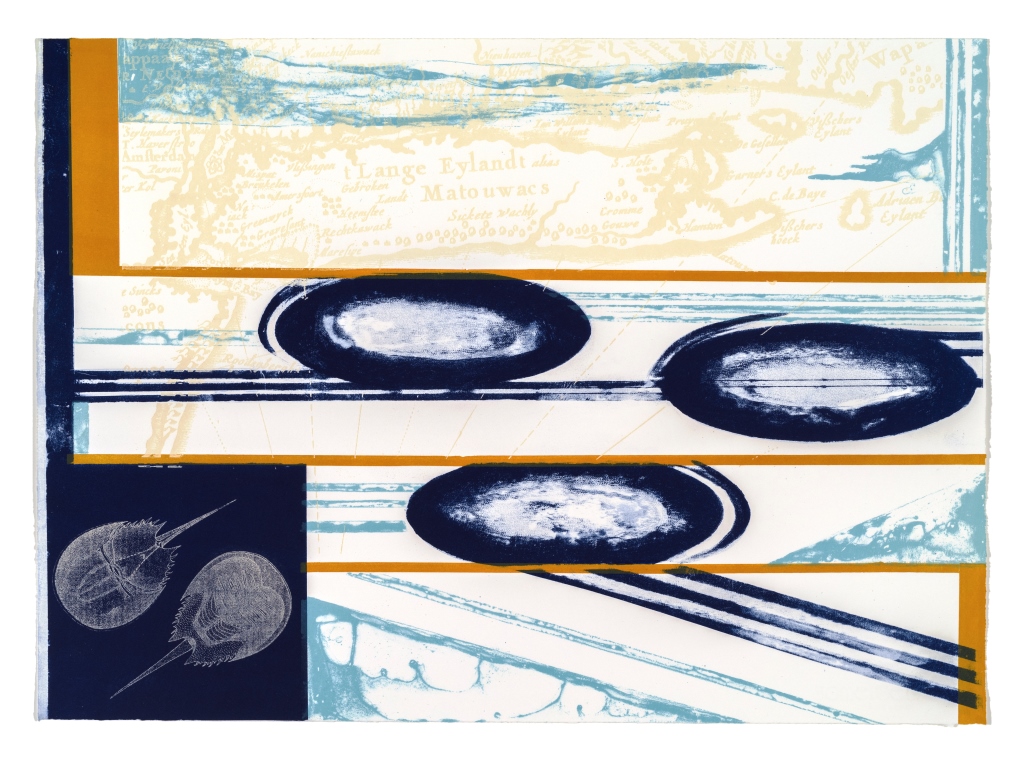
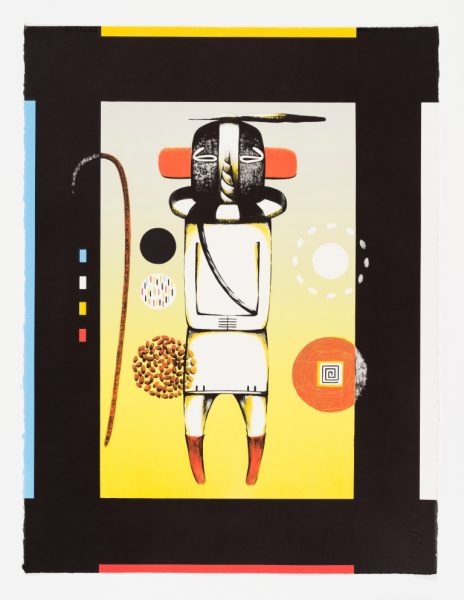
Dan Namingha is from the Tewa-Hopi tribe. His artistic journey has led him to combine his personal ideas and memories with the symbolism of his Hopi-Tewa culture, to translate the powerful geography of the Southwest through formal concepts of modern art and composition. His work often draws on the sacred traditions of his culture, which are so deeply embedded in ceremony: the kachinas representing the spirit messengers, ancestors, and cloud people; the dualities of light and dark, of positive and negative; the passages between the everyday world and the spirit realm. Namingha’s work commands unwavering respect for the earth and spirit of his ancestry.
Crystal Worl is a Tlingit Athabascan artist who makes art because she wants to remind those who have left home that they come from a special place. Her family and community have guided her to learn, work, and live for her community. Her practice in storytelling and art comes from the values and lessons of the Tlingit people and her family.“It is my responsibility to carry on my ancestral knowledge of creation and life through contemporary story and art and pass it down to the next generations.”
